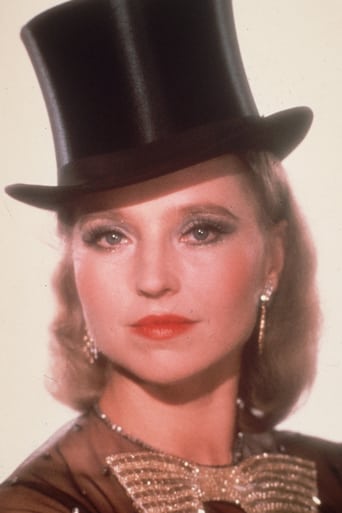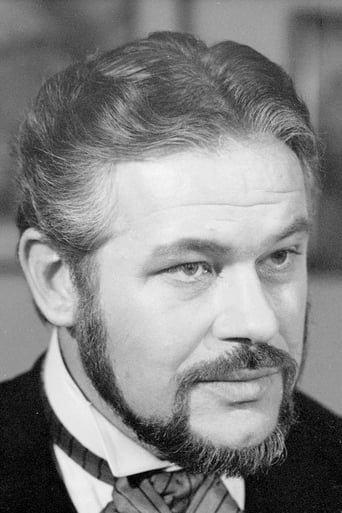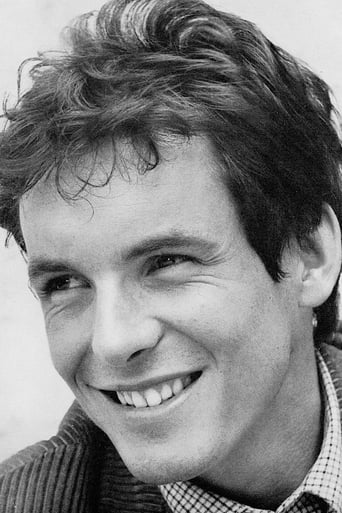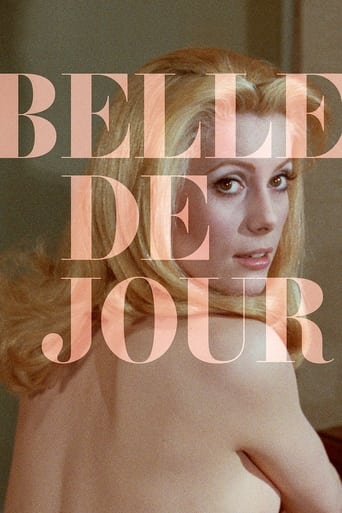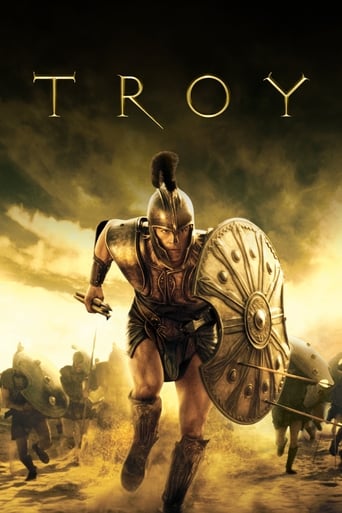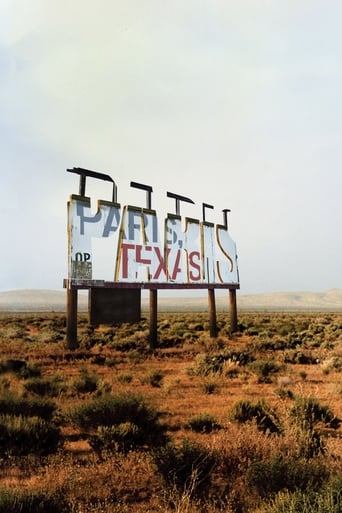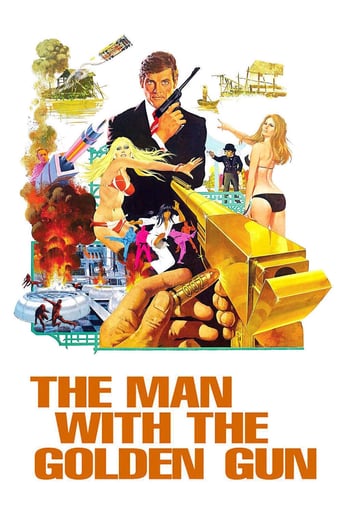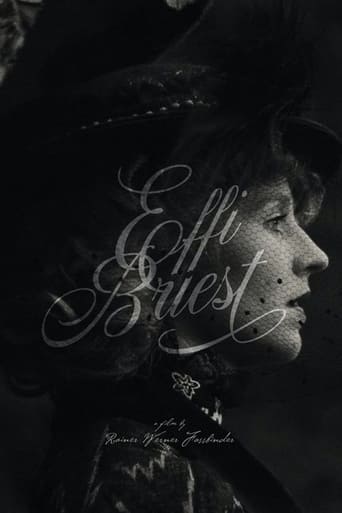
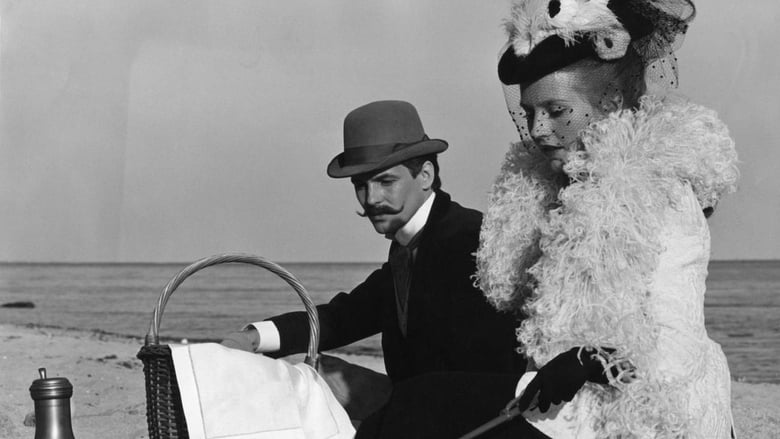
Effi Briest (1974)
When 17-year-old Effi Briest marries the elderly Baron von Instetten, she moves to a small, isolated Baltic town and a house that she fears is haunted. Starved for companionship, Effi begins a friendship with Major Crampas, a charismatic womanizer.
Watch Trailer
Cast
Similar titles


Reviews
I like the storyline of this show,it attract me so much
Don't listen to the negative reviews
A Masterpiece!
Ok... Let's be honest. It cannot be the best movie but is quite enjoyable. The movie has the potential to develop a great plot for future movies
I read Effi Briest, I know the story. But i couldn't see the story in this movie. Characters just appear for one or two scenes without any introduction so you just don't know who is who in this movie.Characters who play a huge role in the book and have a rich background just appear for one or two scenes.The scenes don't deliver the actual plot at all. Suddenly its 30 years later and no mention at all, i just know, because i read the book. And this is what this film feels like: an movie you watch while reading the book. As a standalone movie its just not working at all because it doesn't deliver story. Its just random scenes from the book. Maybe the scenes which carry the essence of the book, but only as an addition to reading the book.Then there are very weird things happening in this movie, which doesn't make sense at all. e.g. the narrator starts narrating while the characters are still talking scenes of characters just standing for minutes without dialog weird text inserts which often repeat what characters just said or random things, unrelatedAnd the characters have no movements in their faces the whole movie. They just carry the same look all the time. except of Effi, who smiles from time to time but that's all. No one ever is mad, happy, angry, fearful, greedy, sad or even in love. And the book is about emotions. Its very confusing to see absolutely no emotions in this movie.
"Fontane Effi Briest" is a West German movie from the year 1974 and the writer and director is Rainer Werner Fassbinder, although the writer of the original work is of course Theodor Fontane as the title already tells us. It is not one of Fassbinder's earliest works, but he still decided to pick the black-and-white route again, maybe to show how old this story already is. At 140 minutes, it is easily among Fassbinder's longest films. And that's really a negative deal-breaker here. To me, this film dragged a whole lot on many many occasions. I hardly cared for Effi or any of the supporting characters at all as a consequence. And I also really hated the dialogues sometimes. Of course, they were adapted with the exact quotes from Fontane's novel I guess, but I did not like it at all. I usually like Fassbinder when he gives us his view on society or just on how people act within the boundaries of society. There are a handful films from him I really love and some I do not care about particularly, but this one here is really a major disappointment. It is probably my least favorite work from him and it's also not helping that he several actors that appear frequently in his films such as Schygulla, Lommel, Hermann and Böhm. I may be a bit biased as I did not like the recent version starring Julia Jentsch either, but I really only recommend this to huge fans of the Fontane work. Everybody else (even Fassbinder fans) will probably be majorly bored, because it's so different compared to everything else he has done, apart from the very slowly-moving plot. I can only shake my head at other reviewers who call this one of the best films ever made and give it 10 out of 10 stars. Highly not recommended.
Wow, I am out of sync on this German film. While the overall score is very respectable and the reviews are mostly glowing, I didn't like the film at all. Now I've seen about a dozen Fassbinder films and I often have really enjoyed them, but watching this one was a chore.First, the film's style seems less innovative or interesting than just dull and, dare I say it, cheap. The black & white film looked more like a way to save money than anything else and the film played like a long series of vignettes all strung together with awkward dissolves. This made it all seem very episodic--like the audience is getting snippets instead of seeing a story.Second, the story wasn't particularly interesting. The film played like a Bergman film WITHOUT the complexities. And, sadly, the film was slow and the characters uninvolving.Overall, I found watching this film a chore. There are many wonderful German films out there, but I assume the average person would also find this film dry and unapproachable, as you need a lot of patience to stick with this film.
Maybe Theodor Fontane does not belong to the outstanding writers of world literature (he would be too provincial for the whole wide world perhaps), but nevertheless, his poetic realism and his sophisticated powers of observation lead his stories to a deep, often radical criticism of social conventions.That's probably the reason why Fassbinder adopted Fontane's most famous novel "Effi Briest" - to tell the story from the writer's very point of view, as far as possible and to make the social mechanisms of oppression and the assimilation of the individual to that obvious. His concern is already pointed out in the exceptionally long title of the film, which I can imagine is the longest in history and translates something like this: Fontane Effi Briest or: Many who have a notion of their abilities and needs and nevertheless accept the current regime in their minds through their deeds and therefore stabilize and pretty much affirm itThe atmosphere of coldness, of distance (which is, thanks to Fassbinder, at times really excruciating), of alienation is thematised through the cinematic techniques: mirror shots of the actors with a sometimes very blurred camera, misalignment of the camera by statues, flowers or curtains, cross-fades of dialogues and blindingly white fade-outs which sometimes abruptly interrupts a scene. In this sense, Fassbinder tightened Fontane's criticism to a maximum, but he wouldn't be Fassbinder otherwise.
